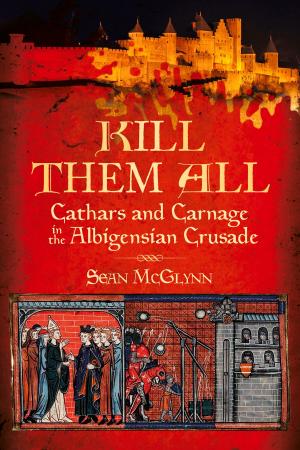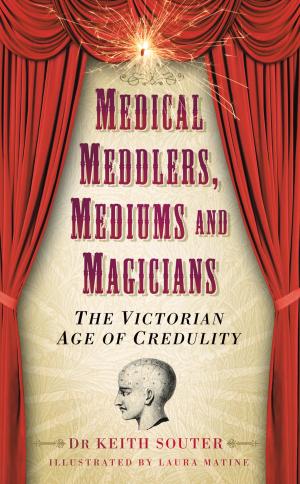Lost Prince
The Survival of Richard of York
Biography & Memoir, Royalty, Nonfiction, History, British| Author: | David Baldwin | ISBN: | 9780752479927 |
| Publisher: | The History Press | Publication: | November 30, 2011 |
| Imprint: | The History Press | Language: | English |
| Author: | David Baldwin |
| ISBN: | 9780752479927 |
| Publisher: | The History Press |
| Publication: | November 30, 2011 |
| Imprint: | The History Press |
| Language: | English |
On December 22, 1550 an old bricklayer named Richard Plantagenet was buried at Eastwell in Kent. Unusually for a bricklayer, he had been able to read Latin and, when pressed, he had claimed to be a natural son of King Richard III and to have met him the day before the Battle of Bosworth. Yet had he simply been Richard III's bastard he would have been styled “of Gloucester” or given the name of his birthplace. Richard III openly acknowledged and provided for his other bastards. Why did he not do the same for Richard Plantagenet? Most tellingly, where is the evidence that Prince Richard actually died? In an original and intriguing scenario, David Baldwin argues that while some elements of Richard Plantagenet's story may be authentic, it is possible that he dared not reveal his real identity: Richard, Duke of York, the rightful king. David Baldwin has searched contemporary documents to unearth the clues that underpin his theory and has visited all the places associated with Richard Plantagenet. In doing so, he has opened up an entirely new line of investigation and exonerated Richard III of the greatest of the crimes imputed to him. Dead princes were a potential embarrassment, but a living prince would have been a real danger and a closely guarded secret, not only in Richard's reign but in the reigns of Henry VII and Henry VIII.
On December 22, 1550 an old bricklayer named Richard Plantagenet was buried at Eastwell in Kent. Unusually for a bricklayer, he had been able to read Latin and, when pressed, he had claimed to be a natural son of King Richard III and to have met him the day before the Battle of Bosworth. Yet had he simply been Richard III's bastard he would have been styled “of Gloucester” or given the name of his birthplace. Richard III openly acknowledged and provided for his other bastards. Why did he not do the same for Richard Plantagenet? Most tellingly, where is the evidence that Prince Richard actually died? In an original and intriguing scenario, David Baldwin argues that while some elements of Richard Plantagenet's story may be authentic, it is possible that he dared not reveal his real identity: Richard, Duke of York, the rightful king. David Baldwin has searched contemporary documents to unearth the clues that underpin his theory and has visited all the places associated with Richard Plantagenet. In doing so, he has opened up an entirely new line of investigation and exonerated Richard III of the greatest of the crimes imputed to him. Dead princes were a potential embarrassment, but a living prince would have been a real danger and a closely guarded secret, not only in Richard's reign but in the reigns of Henry VII and Henry VIII.















